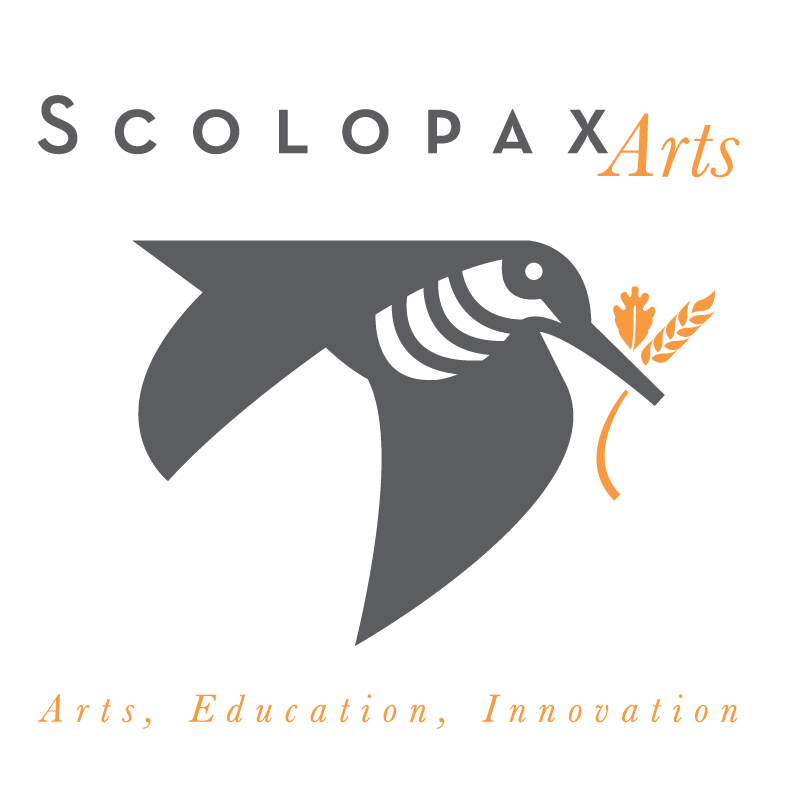TEACHING & Learning
Myself, Virginia, Roger Brown (President, Berklee Valencia), Maria Iturriaga (Executive Director, Berklee, Valencia), and Brian Cole (Dean of Music School, UNCSA)
I have a passion for teaching and learning as a way of empowering outstanding talent, and new leadership. I also appreciate how teaching can be shaped into programs that can change our world. My work as President of New England Conservatory of Music, Boston is testament to this approach and recent work with my consultancy Scolopaxarts has continued this at the highest level internationally from the Association of European Conservatoires to Yale, USC and Curtis. As such I have been involved in many of the issues and new ideas surrounding higher education, including:
- The importance of research and the increasing importance of technology and how this can relate to the classroom and on line learning.
- The centrality of the student experience
- The need for higher education to become far more outwardly focused in its positioning with community partnerships, collaborations and outreach programs led by students.
- New experimental and innovative teaching and learning techniques such as the “flipped classroom” which leverages peer learning.
- Ideas for developing the orthodox lecture and the one-on one seminary model used by conservatoires.
Higher Education is under scrutiny and is being criticized in certain government circles directed often towards the liberal arts and humanities. Ideas such as STEM (science, technology, engineering and math) effectively deny any importance to the Liberal Arts and there have even been proposals for the Liberal Arts to be cut from State University offerings as irrelevant to the needs of contemporary society. This hostile environment needs to be addressed if higher education wishes to retain its important place in the world. I for one am committed and devoted to the cause of higher education as an essential contributor to knowledge, new skills, innovation, and the development of our society.
My approach to Teaching and Learning is always open to innovation and contemporary in approach. It is interactive, nurturing and encouraging, guiding rather than directing, and creating within the class a safe haven for failure as well as the platform for success.
Here are some examples that can be introduced as one-day workshops or developed into full 14-week courses.
1. Experiential Learning
Experiential Learning requires a very different approach, which emphasizes learning over training. For it to succeed, there needs to be a positive culture where learning is an equal priority. Experiential Learning can be self-initiated, context-based or community- based.
But the main point is that there is responsibility for project planning by the students. Their responsibilities encompass a clear plan, agreed upon outcomes and regular assessment. Experiential projects allow the student to take full ownership from inception to execution. For this to be successful the student needs to embrace new ideas and new concert practices encouraging innovation and risk taking. This needs to be done in a supportive environment where failure and success can be addressed and celebrated equally. These freedoms and responsibilities allow the student to discover their own voice, and musical identity and help to establish a culture that affirms the centrality of personal development and intentional planning.
The Experiential Learning Projects focuses on the learning of essential non-musical skills, such as effective communications, self-branding, leadership development, negotiation skills, problem solving, budget planning, personal management, and programming for new concert format and community projects.
2. Reflective Practice
The conservatoire model concentrates strongly on training, in particular the technical aspects of mastering your instrument. This is often to the detriment of the development of the “whole musician” who has the advantage of more self-awareness and a clearer sense of their place in the world, their individuality, their voice and the contributions they wish to make.
Some of the following are anticipated outcomes when “Mindfulness” and Reflective Practice are exercised with intention:
- The development of EQ skills that reflect self-awareness and the ability to empathize with others
- An established set of personal values to help guide the development of the artist and committed citizen
- The ability to confront problems in a constructive way, and develop problem-solving abilities
- The importance of developing self-management to allow the student to take advantage of opportunities and relationships
- The importance of writing and expressing your thoughts to yourself by keeping and valuing such things as a journal
- Critical thinking applied to self-discovery and the place of music in the world
I am able to work with students in a variety of ways either in the classroom or in a one-on one setting. Reflective Practice requires the personal focus of the one-on-one so that the individual’s needs and vulnerabilities can be expressed as part of a supportive and on-going relationship. It is the bond and honesty of this relationship that can produce the best results for the individual without creating future dependencies.


